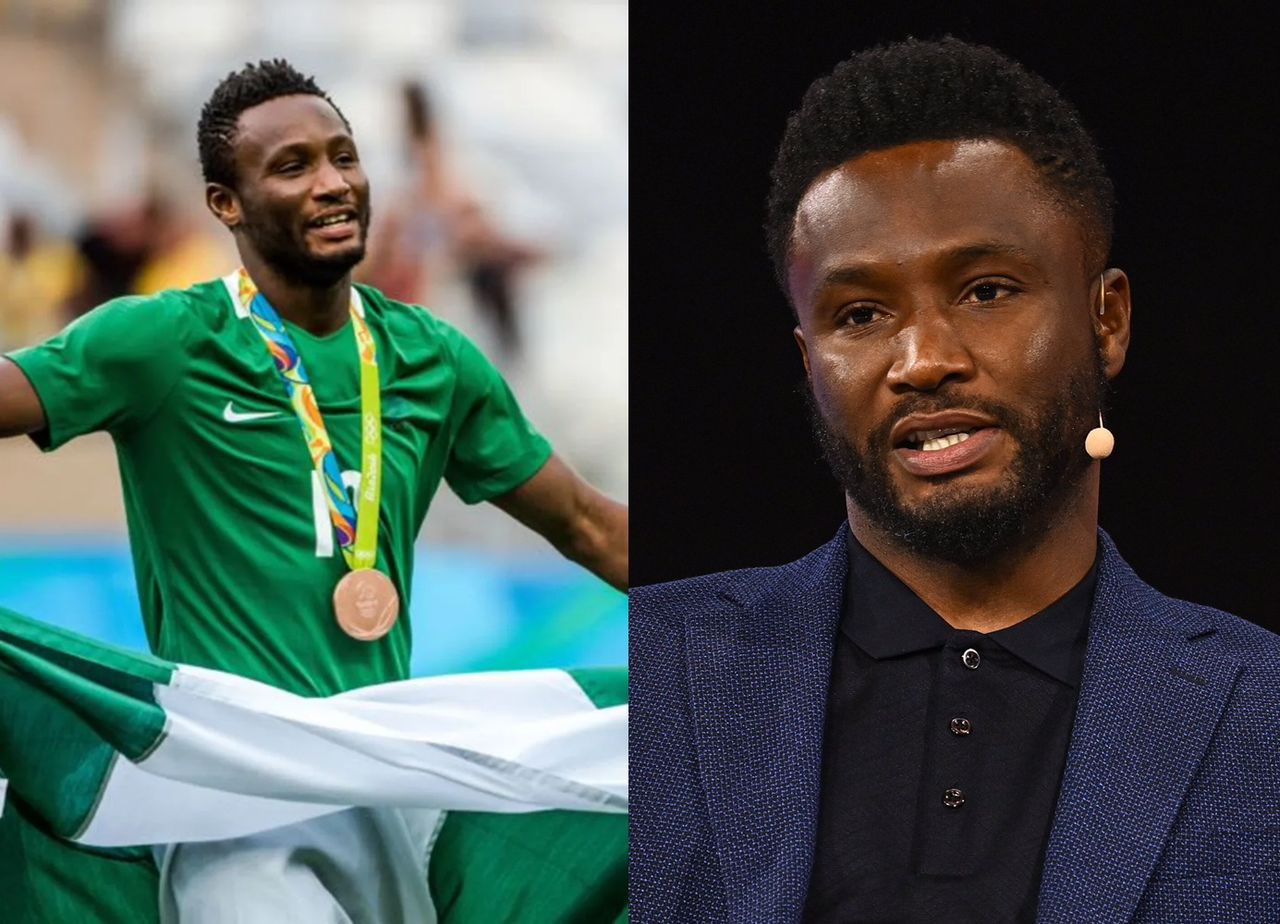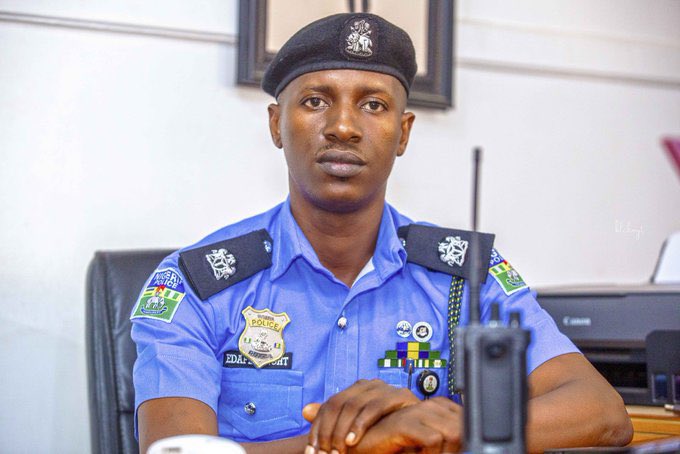

Former Super Eagles captain John Mikel Obi has sent shockwaves across Nigeria’s footballing community with his blunt remarks about the possibility of the national team missing out on yet another FIFA World Cup. The ex-Chelsea midfielder, known for his calm demeanor on and off the pitch during his illustrious playing career, could not hold back his frustration as he warned that it would be an unforgivable tragedy if Nigeria fails to qualify for the global showpiece twice in a row. Mikel declared that should such a disaster happen, the entire Nigerian Football Federation (NFF) board must vacate their seats immediately, insisting that the leadership of the game cannot escape accountability for repeated failures at the highest level.
Nigeria’s relationship with the World Cup is one filled with passion, pride, and deep emotional investment. Since the nation’s first appearance at the tournament in 1994, the Super Eagles have built a reputation for being one of Africa’s most consistent representatives on the global stage. The team’s colorful displays, iconic goals, and bold presence in front of the world’s cameras brought Nigeria into the international spotlight. Fans at home, from Lagos to Kano, Port Harcourt to Kaduna, have always regarded the World Cup as a sacred football festival where the Super Eagles must be present to carry the nation’s green and white flag. Yet the heartbreaking failure to qualify for the 2022 World Cup in Qatar left millions of supporters shattered, and the wounds from that disappointment have still not healed.
Mikel Obi, who himself appeared in two World Cups and led the Super Eagles with distinction, spoke from a place of deep concern, stating that such a calamity should not be repeated. He described the mere thought of the team missing the next World Cup as unacceptable, stressing that Nigeria is far too big, too talented, and too football-crazy a nation to be absent from the world’s grandest stage. For him, accountability has to start at the very top, with the decision-makers who shape the direction of Nigerian football. In his words, if the board of the NFF cannot put in place the structures, vision, and commitment necessary to ensure qualification, then they have no business holding office.
The sentiment echoes the frustration of many Nigerian fans who have grown tired of what they see as endless cycles of excuses, poor planning, and administrative incompetence. The anger is not just about results on the pitch but also about years of controversies, player welfare issues, unpaid bonuses, and endless disputes between coaches and federation officials. To supporters, these off-field distractions directly affect the performance of the team, robbing players of the focus and stability needed to deliver on the pitch. Mikel Obi’s fiery statement gives voice to what millions have been whispering: that the leadership of Nigerian football has failed to protect the country’s proud legacy and that a shake-up may be the only way forward.
His call for resignation if Nigeria misses the World Cup again carries particular weight because of his stature in the game. Mikel was not only one of Nigeria’s most decorated players, with a Champions League trophy, Premier League titles, and an Africa Cup of Nations medal to his name, but also someone who embodied professionalism and resilience throughout his career. He knows the standards required at the highest level of football, and his words strike at the heart of Nigeria’s current footballing crisis: a gap between the country’s immense potential and its disappointing realities. The Super Eagles boast some of the brightest young talents plying their trade in Europe, from Victor Osimhen to Ademola Lookman, Samuel Chukwueze, and Taiwo Awoniyi. On paper, this is a golden generation, yet on the pitch, consistency and results have been elusive.
The pressure now mounts on coach Finidi George and the current NFF hierarchy, who are tasked with guiding the team through the World Cup qualifiers. Already, murmurs of doubt have surfaced among fans who are skeptical about the federation’s ability to provide the right support system. Mikel Obi’s warning effectively puts the NFF in the spotlight, making it clear that the nation will not tolerate a repeat of the heartbreak of 2022. The Super Eagles’ failure to qualify for Qatar was made even more painful because it was Ghana who knocked them out in a dramatic playoff, and losing to a fierce rival in such circumstances cut even deeper. The atmosphere at the Moshood Abiola Stadium in Abuja that night was one of devastation, with thousands of fans leaving in tears. For Mikel and millions of others, reliving that nightmare is simply not an option.
His statement also raises questions about accountability in Nigerian sports administration as a whole. Too often, failures are met with silence, excuses, or blame-shifting, while those at the helm remain in office regardless of results. Mikel’s stance is a demand for a new culture of responsibility, one in which leaders accept the consequences of failure just as players are judged by their performances on the pitch. In many other footballing nations, missing out on consecutive World Cups would automatically trigger resignations, restructuring, or complete overhauls of football federations. Nigerians are now watching closely to see whether the NFF will rise to the challenge or continue on the same path.
Beyond the strong words, there is also a sense of urgency in Mikel Obi’s message. The World Cup is more than just a football tournament for Nigerians; it is a unifying force, a moment when the nation forgets its divisions and comes together to cheer for a common cause. Every goal scored by the Super Eagles resonates in every neighborhood, every viewing center, and every household across the country. The pride of watching the team stand tall during the national anthem on the world stage cannot be quantified. To rob Nigerians of that joy for a second consecutive tournament would be a betrayal of trust, one that Mikel insists must have serious consequences.
His remarks have already begun to spark debates across social media and sports shows, with fans either supporting his demand or questioning whether the NFF would ever hold itself accountable. Some argue that change at the top is long overdue, while others fear that the entrenched structures of Nigerian football will resist any real transformation. But what cannot be denied is that Mikel Obi has reignited the conversation at the right time, reminding both fans and officials that the stakes are higher than ever. The upcoming qualifiers will not just be about points and goals; they will be a test of the nation’s footballing leadership, a referendum on whether Nigeria is serious about reclaiming its rightful place in global football.
For now, the Super Eagles still have everything to play for. The road to the World Cup is never easy, especially with tough African rivals in the mix, but Nigeria has the talent to succeed. What remains to be seen is whether the administrators can match that talent with vision, organization, and accountability. Mikel Obi has thrown down the gauntlet, and the entire footballing world will be watching. If Nigeria makes it to the World Cup, celebrations will erupt across the country, and perhaps the scars of 2022 will begin to heal. But if the unthinkable happens again, Mikel’s words will come back to haunt the NFF, and the demand for resignations will be louder than ever.


